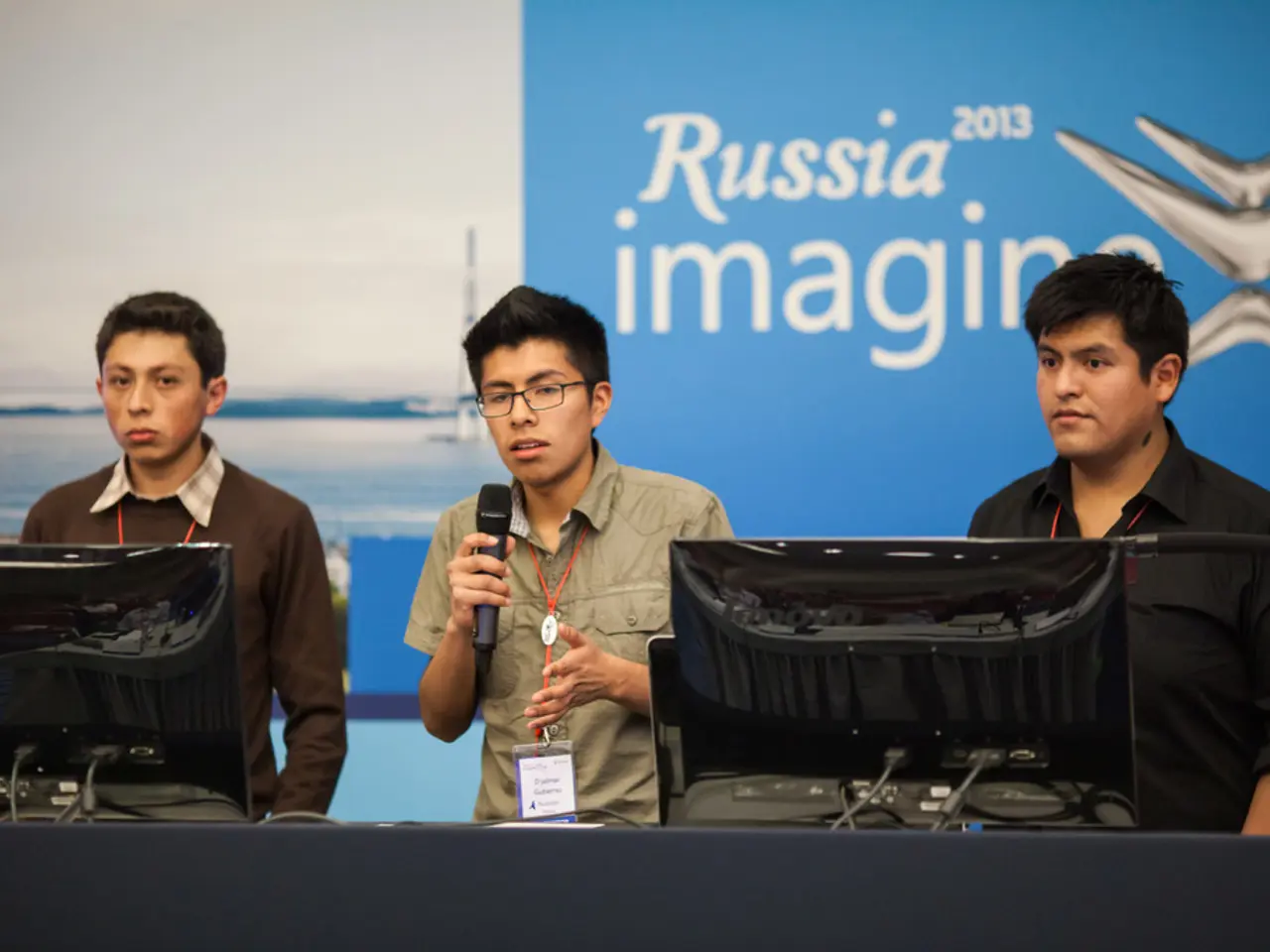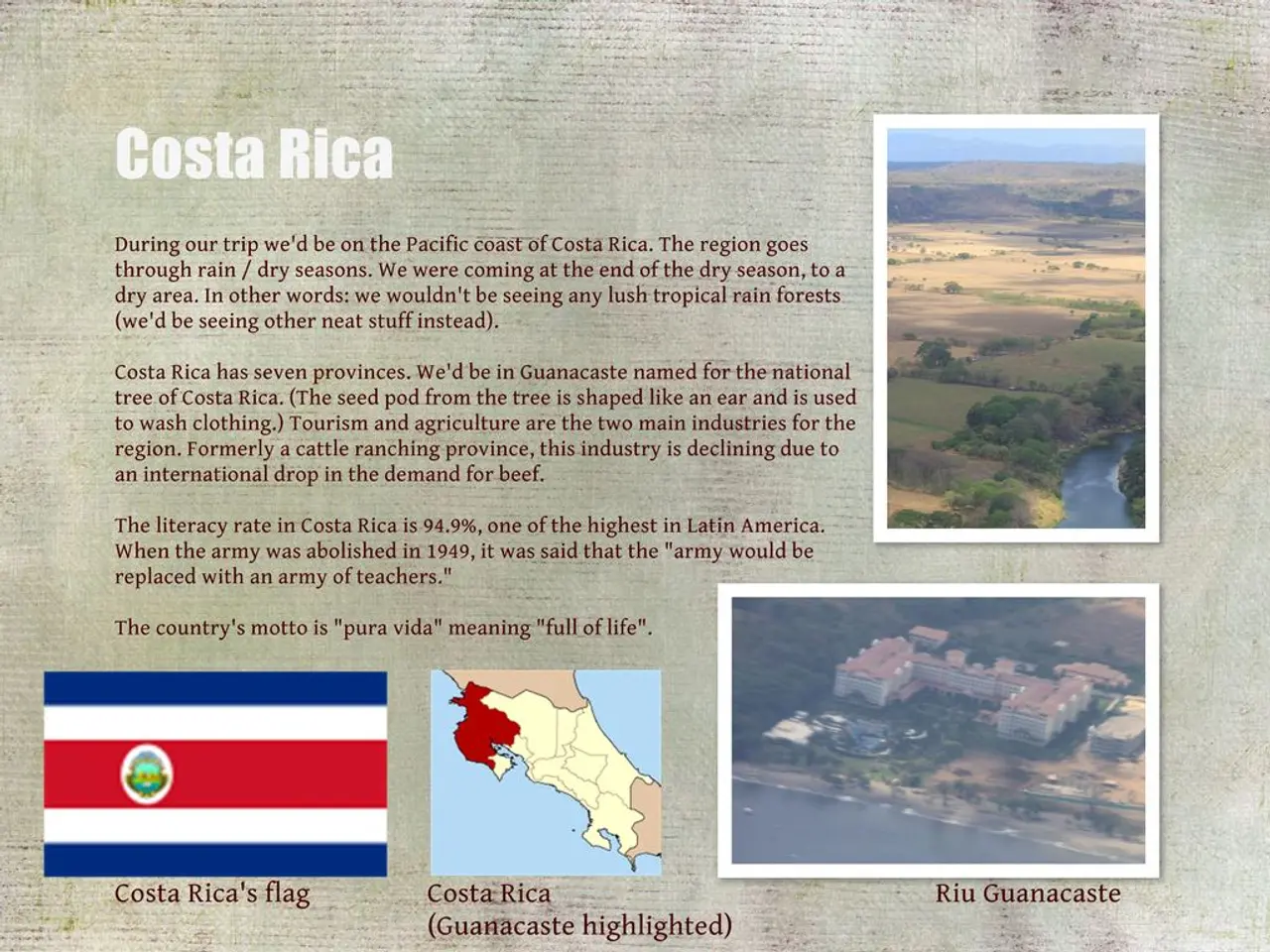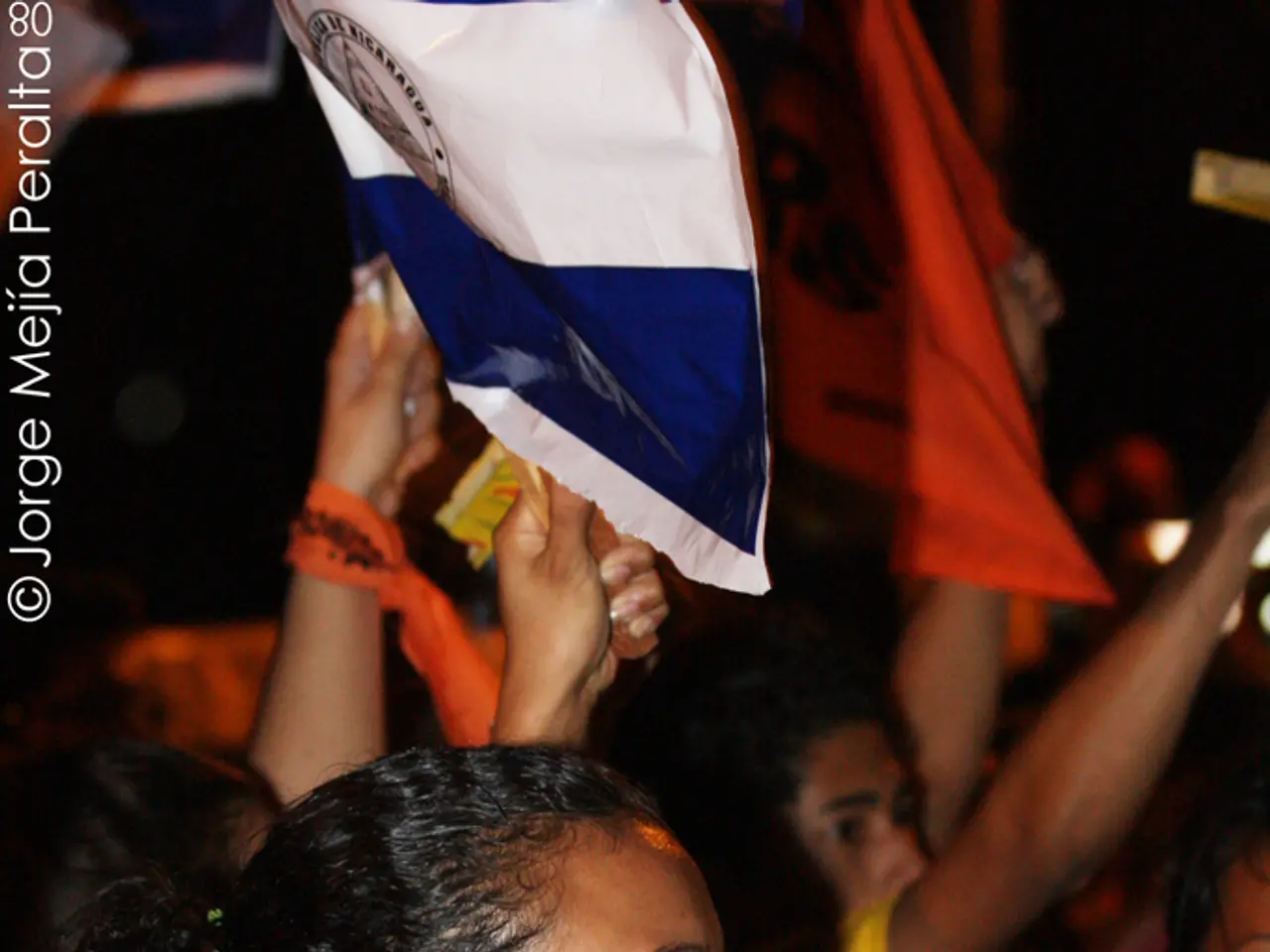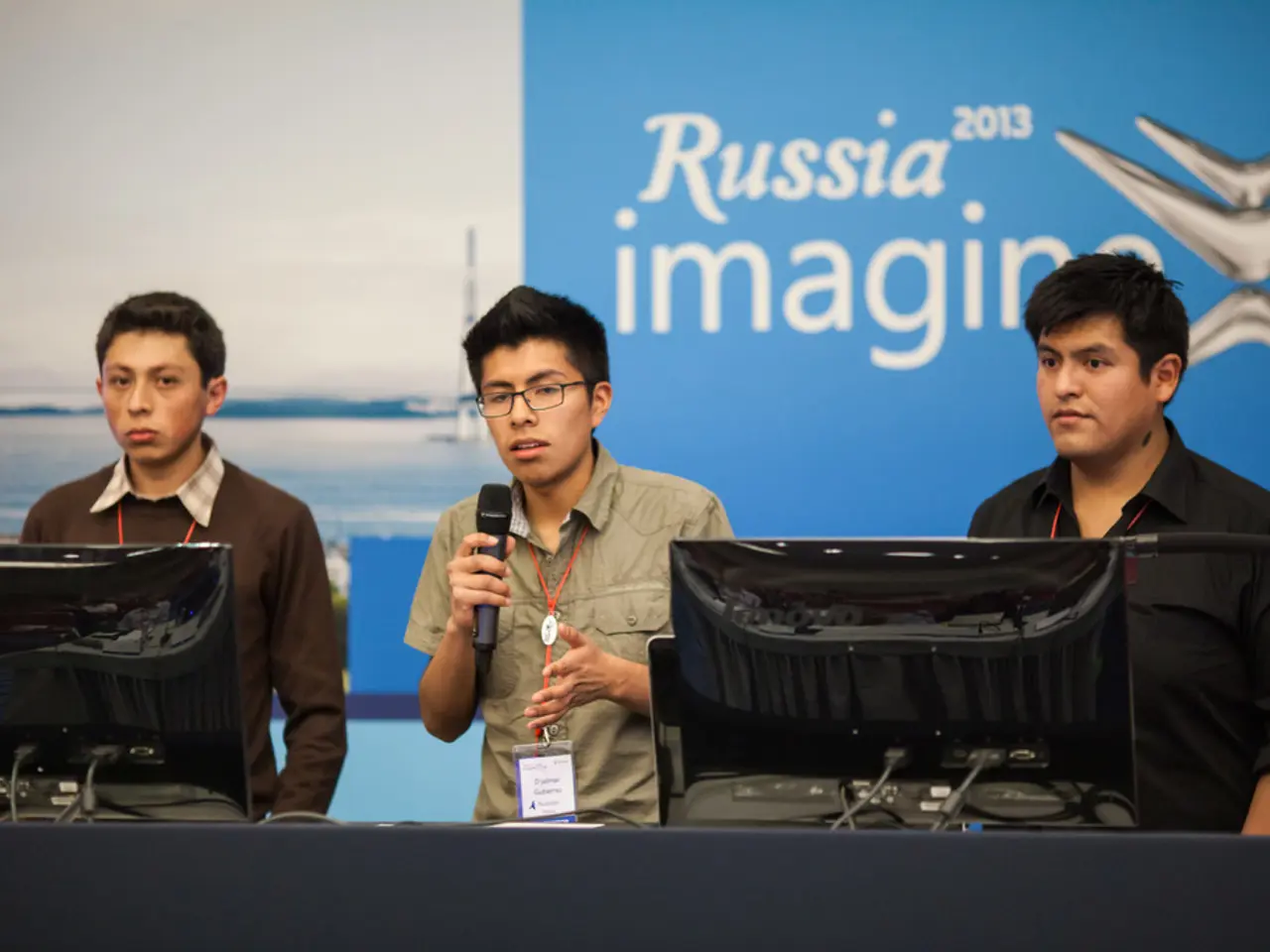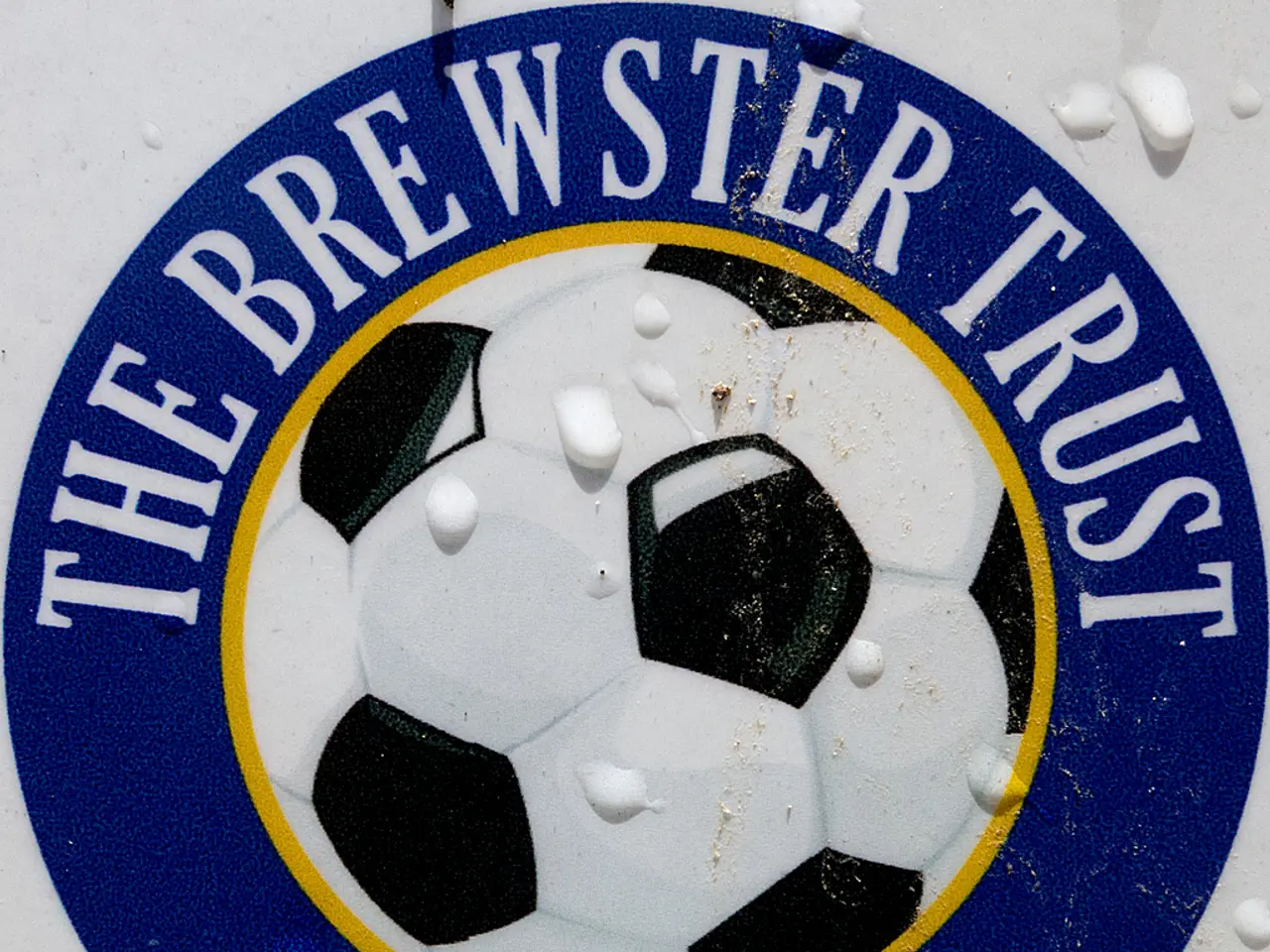Anticipates Ukrainian Involvement in Talks with Russia by Zelenskyy
The Ukraine crisis remains unresolved, with negotiations between Ukraine and Russia stalled and highly contentious. As of mid-August 2025, direct talks involving Ukraine have not progressed toward a comprehensive peace agreement, largely due to irreconcilable demands and ongoing hostilities on the ground.
A summit between U.S. President Donald Trump and Russian President Vladimir Putin was scheduled for August 15, 2025, in Alaska as part of U.S.-led diplomatic efforts to facilitate peace talks. However, Ukrainian President Volodymyr Zelenskyy is not expected to attend the summit, raising concerns about the legitimacy and durability of any deal reached without Ukraine’s direct participation.
Putin is reported to be demanding significant territorial concessions from Ukraine, including withdrawal from about 30% of the Donetsk region still controlled by Kyiv, a proposal Zelenskyy categorically rejects as unconstitutional and a danger for future Russian aggression. Ukraine insists on three non-negotiable conditions for talks: a prior ceasefire, Ukraine's involvement in all negotiations, and that any territorial concessions must be decided by Ukraine itself, starting from current front lines. Kyiv also demands robust security guarantees to prevent future Russian invasions and calls for European involvement in negotiations.
The U.S. under Trump’s administration has signaled willingness to broker negotiations and has removed Ukrainian NATO membership from the table, signaling a shift whereby Europe must take greater responsibility for Ukrainian security. Trump reportedly indicated willingness to discuss returning some strategically significant Ukrainian territories during peace talks, which Ukraine opposes.
On the battlefield, Russian forces continue offensive operations, including advances near key eastern cities like Pokrovsk, which complicates the ceasefire prospects and strengthens Russia's negotiating position. Ukraine continues defensive and drone strike campaigns against Russian targets. Past ceasefires (e.g., Minsk agreements) have failed repeatedly due to Russian violations and the absence of effective monitoring and security enforcement. Experts warn that without strong international monitoring mechanisms, any ceasefire and peace agreement are likely to fail.
In preparation for talks, Ukraine has been engaging in diplomatic outreach with European allies (e.g., visits to Berlin and London) to build consensus around its key demands and red lines ahead of the summit. Europeans are proposing their own ceasefire plan, rejecting Putin's proposal to recognize the entire Donbass as Russian territory in exchange for a ceasefire and further negotiations.
The military situation on the ground continues to heavily influence the diplomatic dynamics. Ukrainian President Zelensky rejects territorial concessions of his country, stating, "Ukrainians will not give their land to occupiers." The total number of Russian soldiers killed or wounded since the start of the war now stands at 1,062,290, according to reports.
The upcoming meeting between Russian President Vladimir Putin and US President Donald Trump will focus on options for a "long-term, peaceful resolution of the Ukraine crisis," according to Yuri Ushakov, the Russian president's foreign policy adviser in Moscow. Russian President Vladimir Putin and his Brazilian counterpart Luiz Inacio Lula da Silva are discussing the possibility of peace in Ukraine. The Kremlin has invited US President Donald Trump to visit Russia after his planned meeting with President Vladimir Putin in Alaska.
The meeting between representatives of Ukraine and allied states in the UK is described as constructive. French President Emmanuel Macron stresses the importance of involving the Ukrainians in decisions regarding their future. The Kherson region prosecutor's office has launched an investigation into possible war crimes related to the drone attack. Canadian authorities are lowering the price cap on Russian oil.
In the midst of these ongoing tensions, both parties continue to seek a resolution that ensures the sovereignty and security of Ukraine while addressing Russian concerns. The road to peace remains long and fraught with challenges, but the international community continues to strive for a lasting solution to the Ukraine crisis.
- As the Ukraine crisis persists and peace talks face obstacles, the international community is emphasizing the necessity of adhering to community policy and employment policy, ensuring Ukrainian participation in negotiations and upholding principles of sovereignty and security.
- In light of the irreconcilable demands and the ongoing hostilities, politicians are adopting cautious approaches, prioritizing general news coverage of the war-and-conflicts and implementing employment policy strategies that strengthen Ukrainian defense and promote diplomatic efforts for a long-term, peaceful resolution.
